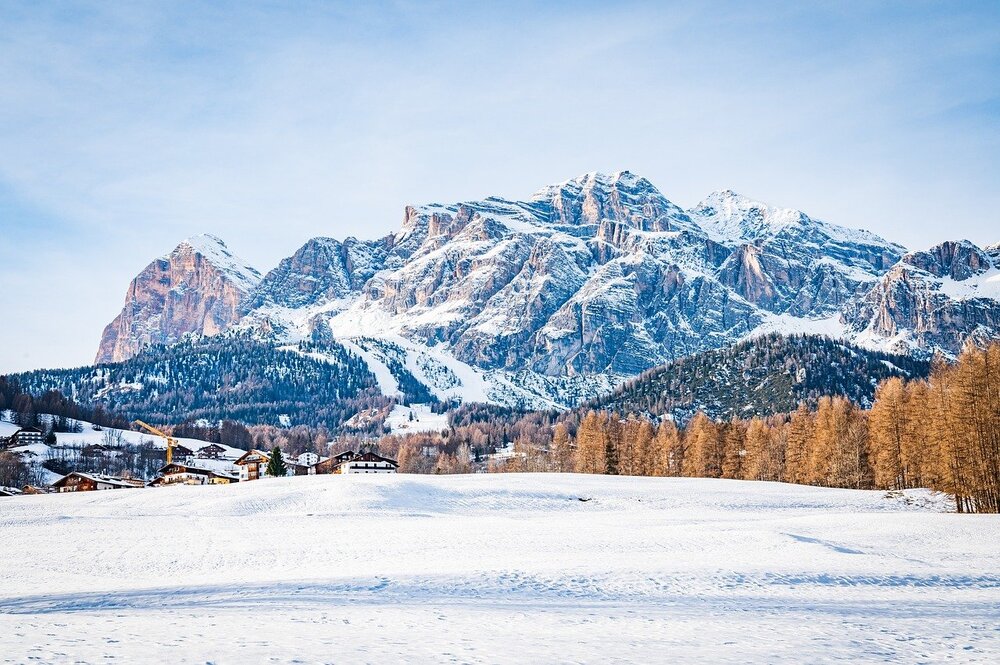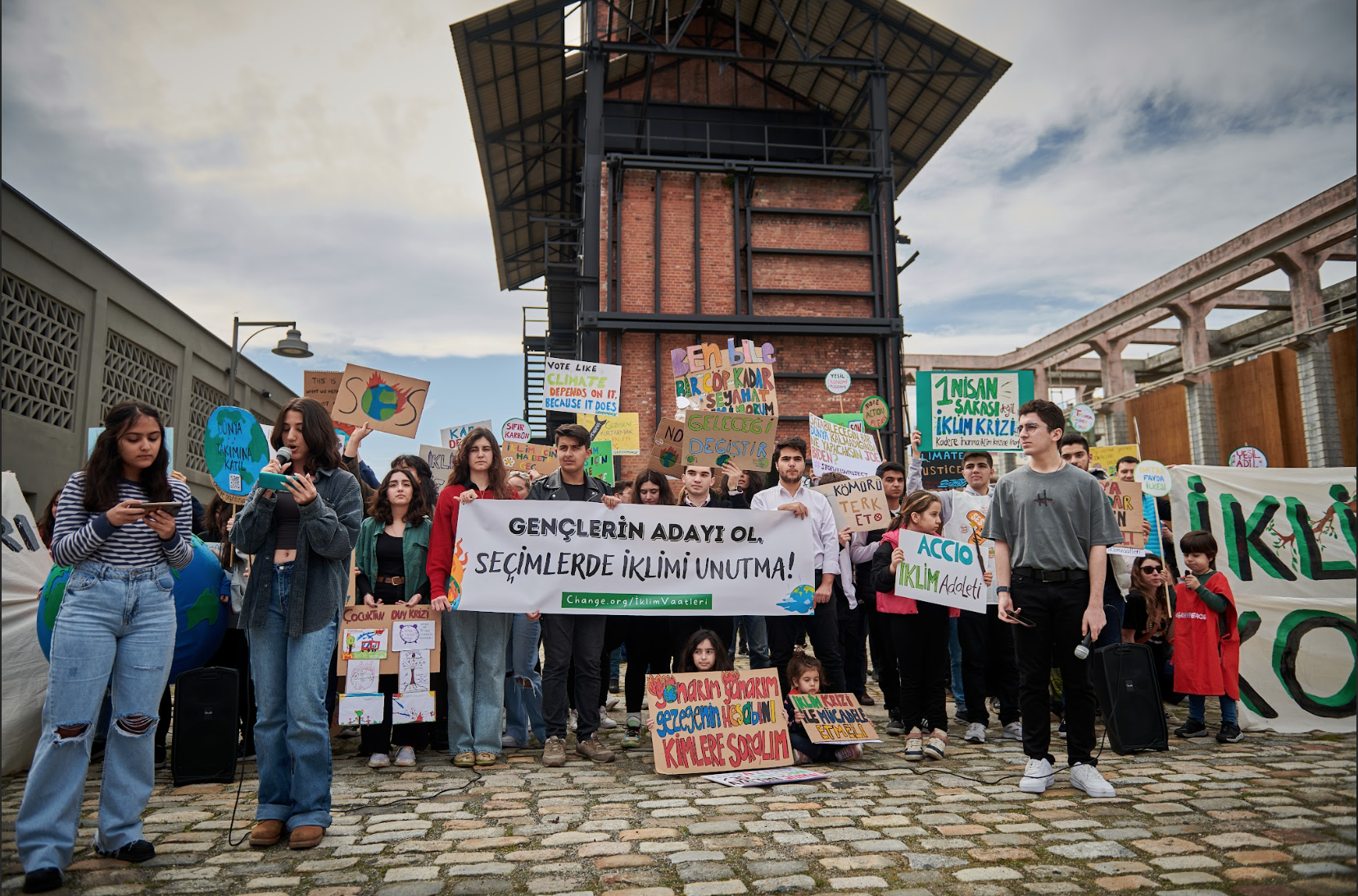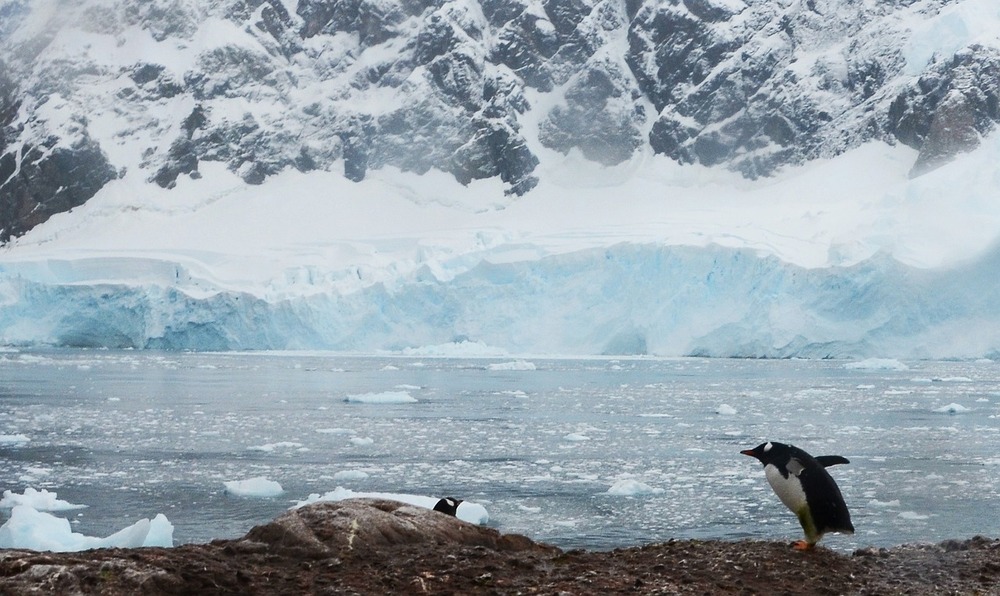Yaşamdan değil, güç ve kontrolden yana I
Roe v. Wade Kararının ABD’de Etkisi
49 yıl sonra, Roe v. Wade kararının tersine çevrildiği 24 Haziran 2022’de bireylerin kürtaj hakkı ellerinden alındı. Aslında bu, kürtajdansa güvenli kürtajların son bulması anlamına geliyor. Yaşamdan yana olduğunu savunanlar gerçekte birçok kişinin yaşamını tehlikeye atıyorlar. Sağlık sisteminin çok da geniş kapsamlı olmadığı, anne bakımının sınırlı olduğu ve anne ölümlerinin (100.000 doğum sırasında 23,8 ölüm [2020]) dünyadaki gelişmiş ülkeler arasında en yükseklerden olduğu ABD’de milyonlarca kişi risk altında.
Nasıl buraya gelindi? Önceki Başkan D. Trump’ın atadığı üç Yargıtay üyesi olmasaydı, muhtemelen, kürtaj anayasal hak olarak kalmaya devam edecekti. Bu karar, neredeyse eyaletlerin yarısının kürtaja erişimi engellemesine yol açacak. Bu da, ya kaçak kürtajlara, ya da maddi durumu elveren kişilerin uzun yol kat ederek kürtajın yasal olduğu başka eyaletlerde kürtaj olmalarına neden olacak. Kısaca, kürtajın bir haktan ayrıcalığa dönüşmesi anlamına gelecek.
Aslında, sorunun kökeni Trump’tan ve 21.yy’dan çok daha geriye dayanıyor. Kürtaja erişim 1800’lerden beri karşılaşılan bir sorun. Kürtaj mevzuatı incelendiğinde ortaya çıkan sonuç, konunun aslında bireylerin vücutları hakkındaki bireysel kararlarının ellerinden alınarak seçim, özel hayat, ve eşitlik kavramlarının yasama organlarına verilmesidir. Guardian’da görüşlerine yer verilen gazeteci Frederick Clarkson’a göre, “…kürtaj karşıtı hareket ‘demokratik yolları kullanarak anti-demokratik sonuçlar elde edilmesine yol açtı.’”
Bireysel karar nasıl bir hak ise, tıbbi ve eğitsel destek de aynı şekilde olmalıdır. Kürtaj karşıtları gerçekten insan yaşamını korumaktan yanalarsa gebelerin ve yenidoğanların sağlıklarına ve yaşamlarına da önem verirlerdi. Yetersiz kaynaklar ve yaşanılan travma anne ile çocuk üzerinde yaşamları boyu sürecek yan etkilere yol açıyor. Bir aktivist ve adli tıp uzmanı olan Dr. Veena JS’e göre “Araştırmalar kendi istekleri dışında doğum yapmaya zorlanmış kadınlarda postpartum psikoz ve depresyonun arttığını ve bu ‘istenilmeyen çocukların’ da yaşam kalitesinin düşük olduğunu gösteriyor.” Buna rağmen, kürtaj karşıtları sadece doğumla ilgileniyorlar—doğumdan sonraki yaşamla değil.
Bunu daha iyi anlamak için yeni ebeveynlere verilen desteğe bakmak yeterli. 2019 UNICEF raporuna göre, ABD 40 gelişmiş ülke içinde yeni ebeveynlere verilen ücretli izin alanında sonuncu oldu. Ayrıca, OECD ülkeleri arasında da bu kişilere federal düzeyde zorunlu ücretli izin vermeyen tek ülkeydi. ABD’de ebeveynlerin, 1993’ten beri, 12 haftalık ücretsiz izin hakları var. Eğer şu anda Senato’da beklemekte olan karar kabul edilirse, ABD çalışanları 4 hafta ücretli izin hakkına sahip olacaklar. Bu, doğru yönde bir adım olsa da, gelişmiş ülkelerdeki ortalama 18 haftalık ücretli izinle karşılaştırılamaz.
Farklı ırk ve etnik grupların birarada yaşadığı ABD’de kürtaj konusu yüzyıllardır süre gelen ayrımcılığı daha da keskinleştirecek. 1976’da Roe’nın yasallaştırılmasından üç yıl sonra Kongre Hyde Değişikliği’ni onaylayıp Medicaid kapsamında kürtaja ayrılan federal bütçeyi sınırlandırdı. Her ne kadar kürtaj kararında tecavüz, ensest ve gebelerin hayati tehlikesi dikkate alınsa da, bu yaşamları Medicaid’e bağlı olan, düşük gelirli kadınlarının haklarının kısıtlanması anlamına geliyor.
Kürtaj haklarını kaybederken vatandaşlar diğer özgürlüklerinin de ellerinden alınmasından korkuyorlar. Muhafazakar Yargıtay üyeleri ve diğer yasama organı üyeleri tıpkı kürtaj konusunda olduğu gibi ahlaki değerler içeren LGBTQ+ hakları gibi kişisel mahremiyet ve eşit haklar konularında karşı saldırıya geçebilirler.
Bir başka korku da, ABD’nin Roe kararının ardından, günümüzde diğer ülkelerde halihazırda olan kürtaj sınırlamaları ve yasaklarının yayılmasına neden olacağı. Roe kararları, kimliğimiz ne olursa olsun, hepimizi bağlıyor.
İki bölümlük yazinin ilki
Pro-Life? More Like Pro-Power and Control
Where the United States Stands Without Roe v. Wade
June 24th, 2022: a day of pain, sorrow, and frustration. The day of the overturn of Roe v. Wade, dismantling 49 years of (albeit shaky) abortion rights. The day the freedoms of people who can become pregnant were undermined rather than heeded and protected.
The United States (U.S.) without Roe will not end abortions; it will end safe abortions. It will endanger rather than preserve incalculable lives—contrary to the agenda of the pro-life movement. In a country where healthcare is not universal, maternal care is limited, and the maternal mortality rate—23.8 deaths per 100,000 live births (2020)—is the highest among developed nations, millions will be at risk, especially those from marginalized communities.
How did this happen? As the Guardian puts it, the short-cut answer is simple: former U.S. President Donald Trump—who shifted the balance of the Supreme Court. By appointing Supreme Court Justices Neil Gorsuch, Brett Kavanaugh, and Amy Coney Barrett, who all voted in favor of dismantling Roe, the right to terminate a pregnancy ended. Had Trump not elected these three judges, the 6-3 majority ruling would likely be different; abortion would almost certainly still be constitutional. This decision will likely lead to about half of the states limiting or altogether banning access to abortion. That leaves pregnant people seeking this medical procedure to either pursue illicit options—further endangering their lives—or travel thousands of miles to terminate their pregnancy in a state where the law permits them to—a reality that is possible only for those who can afford it. Abortion has effectively become a privelege, rather than a right.
Yet, this issue runs deeper than just Trump—or 21st century politics for that matter. The morality of abortion and the unequal access to the practice has been an issue since the mid-1800s. What studying the past and present of abortion legislation has revealed is that the issue is not just about abortion; it is about the right to one’s bodily autonomy. To strip the right to choice, privacy, and equality is to besiege the power of a citizen, overturning it to legislators. According to journalist Frederick Clarkson, the “…anti-abortion movement ‘mastered the tools of democracy to achieve undemocratic outcomes,’” as highlighted in the Guardian.
Self-governance is a right; so is medical and educational support. If the pro-life argument is truthfully about protecting lives, then the health of the pregnant person and the newborn alike would be of care. Life after birth would be taken into account—the lack of protection and education due to inadequate resources, the trauma, and life-long side effects often imposed on the mother and the child. As activist and forensic medicine professor Dr. Veena JS states “Research has shown that postpartum psychosis and depression increases in women who are forced against their will to give birth. The quality of life of these ‘unwanted’ children will also be poor.” Yet, these realities hold no meaning to pro-life proponents. Ironically, the pro-life stance boils down to the short window frame of life that occurs right after birth, not months, years, or decades after.
Just look at the current aid offered to new parents/legal guardians. In a 2019 UNICEF report, the U.S. ranked last against 40 other developed countries regarding paid leave for new families. Additionally, it was the only Organisation for Economic Cooperation and Development (OECD) nation not providing a federally mandated paid leave for these families. In the U.S., new parents/legal guardians get up to 12 weeks of unpaid leave, part of the Family and Medical Leave Act (FMLA) of 1993. That said, new legislation is in the process of approval—although the future of that is uncertain as well. The Build Back Better Act, which passed the U.S. House of Representatives in November of 2021, is currently stuck in the Senate. Should it take effect, it will provide all U.S. employees with four weeks of paid leave. Although this may seem like a step in the right direction, four weeks does not fare well compared to the average 18 weeks parents receive across developed countries.
Another reason this issues precedes Trump is the centuries-long discrimination against select racial/ethnic groups—which has been exacerbated with the overturn of Roe. This new position of abortion will have disparate effects across the country: affecting disadvantaged racial/ethnic groups like Black, Hispanic, and low-Socioeconomic (SES) individuals worse than their White and high-SES counterparts. It is imperative to recognize that these groups were discriminated against even prior to the fall of Roe. In 1976, three years after Roe was enacted, Congress passed The Hyde Amendment, limiting federal funds for abortion coverage through Medicaid. Although there were considerations for rape and incest as well as cases in which the life of the bearer was in danger, this Amendment directly limited the rights of low-income groups who depend on Medicaid. Also to be considered is the centuries-long discrimination against people of color—which has led, for example, to forced sterilizations—aspects of which continue today and which certainly disproportionately affect this community.
Just as abortion rights are dimishing, citizens fear that other freedoms may soon slip from their reach. Justice Samuel Alito claimed in his majority opinion for the Dobbs vs. Jackson case—which got overruled alongside Roe (and Planned Parenthood v. Casey)—that “Nothing in this opinion should be understood to cast doubt on precedents that do not concern abortion.” Yet, the argument he made for abortion can be applied, equally wrongfully, to derail other rights. In stating that abortion does not carry a historical significance, Alito and the other like-minded conservative Justices—and other legislative figures—can argue against LGBTQ+ issues like same-sex marriage. Paired with the fact that these are all moral issues, additional privacy and equal-rights-related rights may well be under attack.
Yet another fear—which we are already experiencing—is that other countries will (further) impose restrictions, if not an outright ban, on abortion as they follow the path the U.S. has paved. Roe concerns us all, regardless of our identities.
First of a two-part series
Kaynaklar / Sources:
Center for Reproductive Rights












































































































